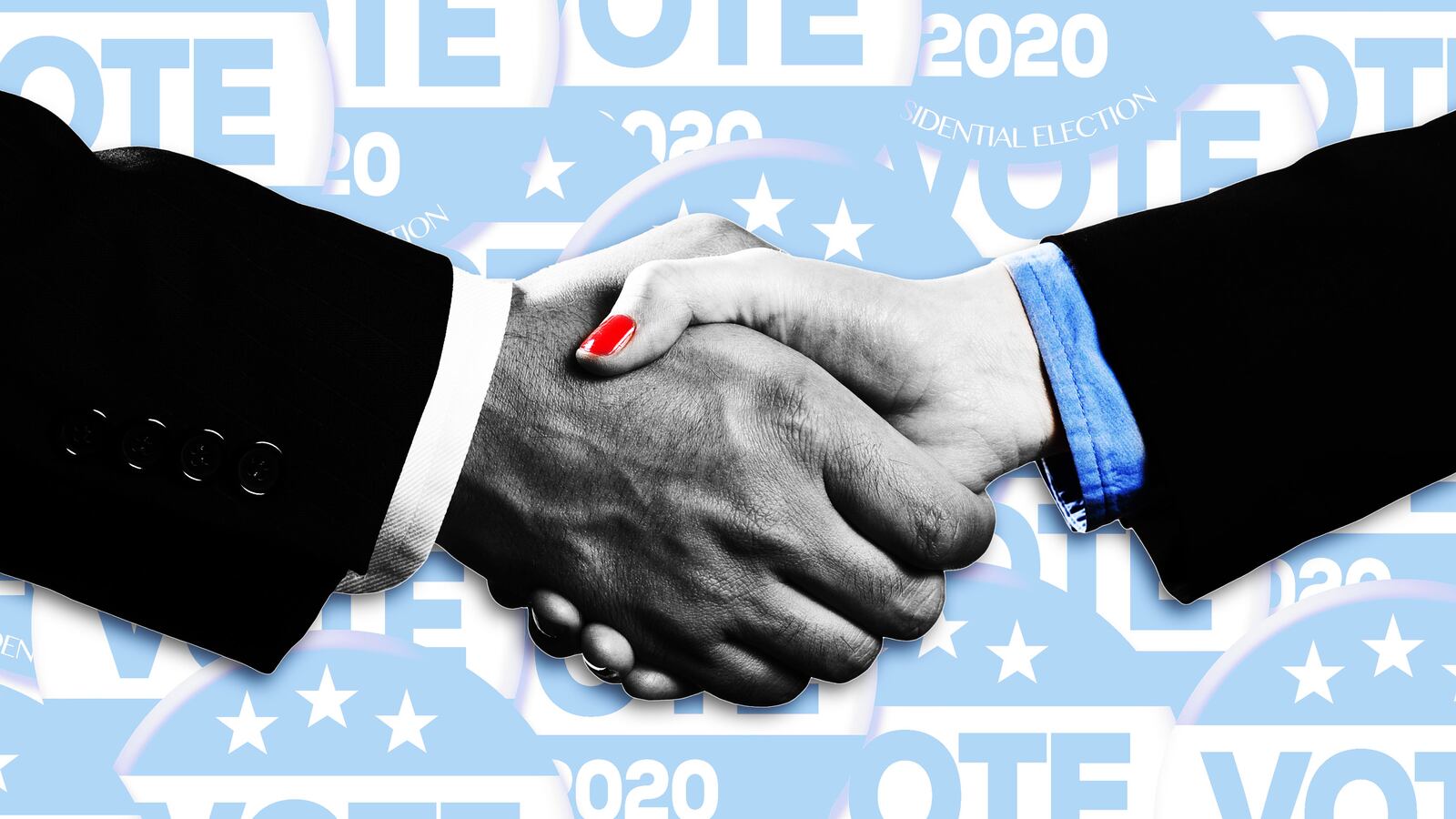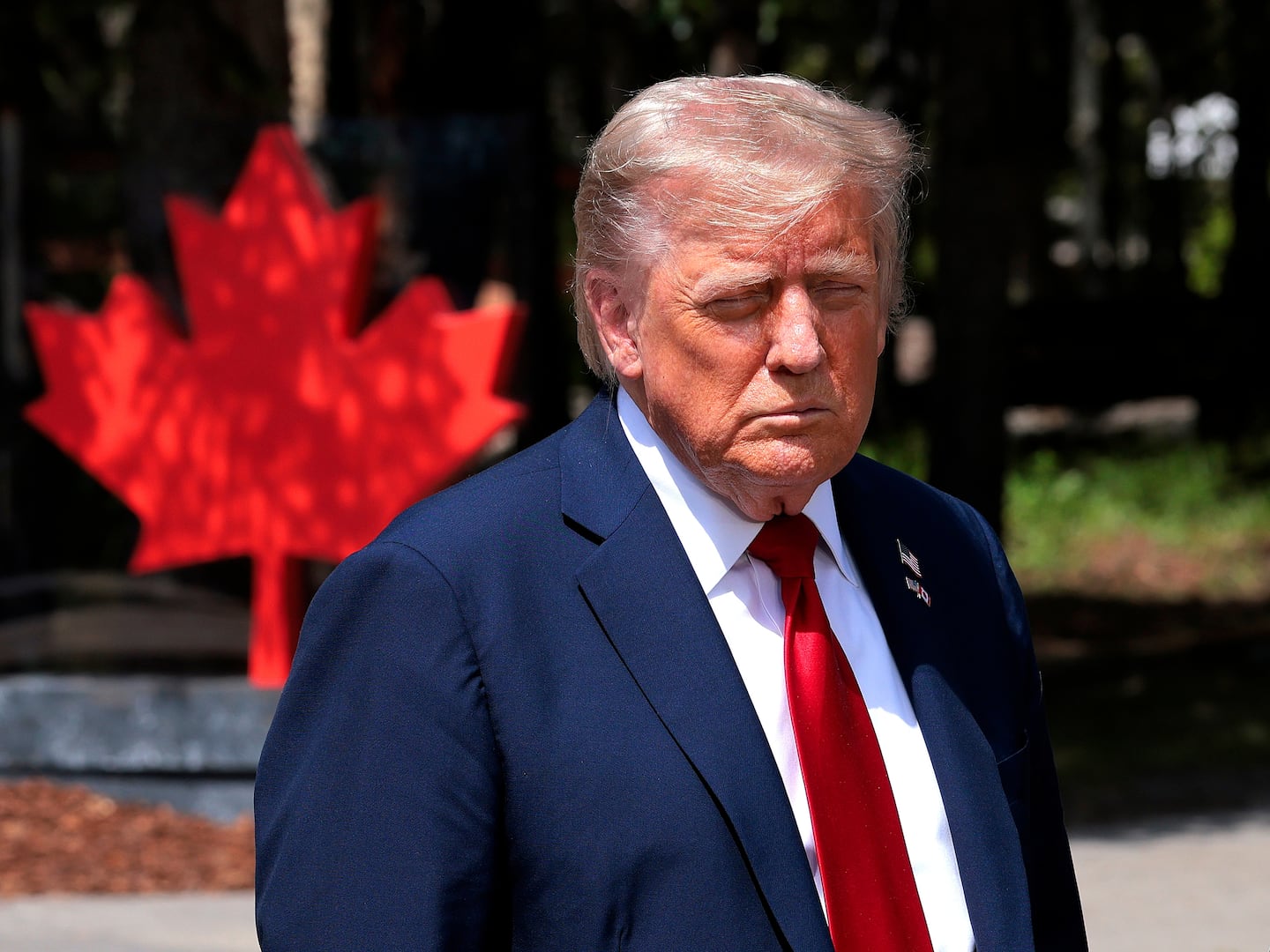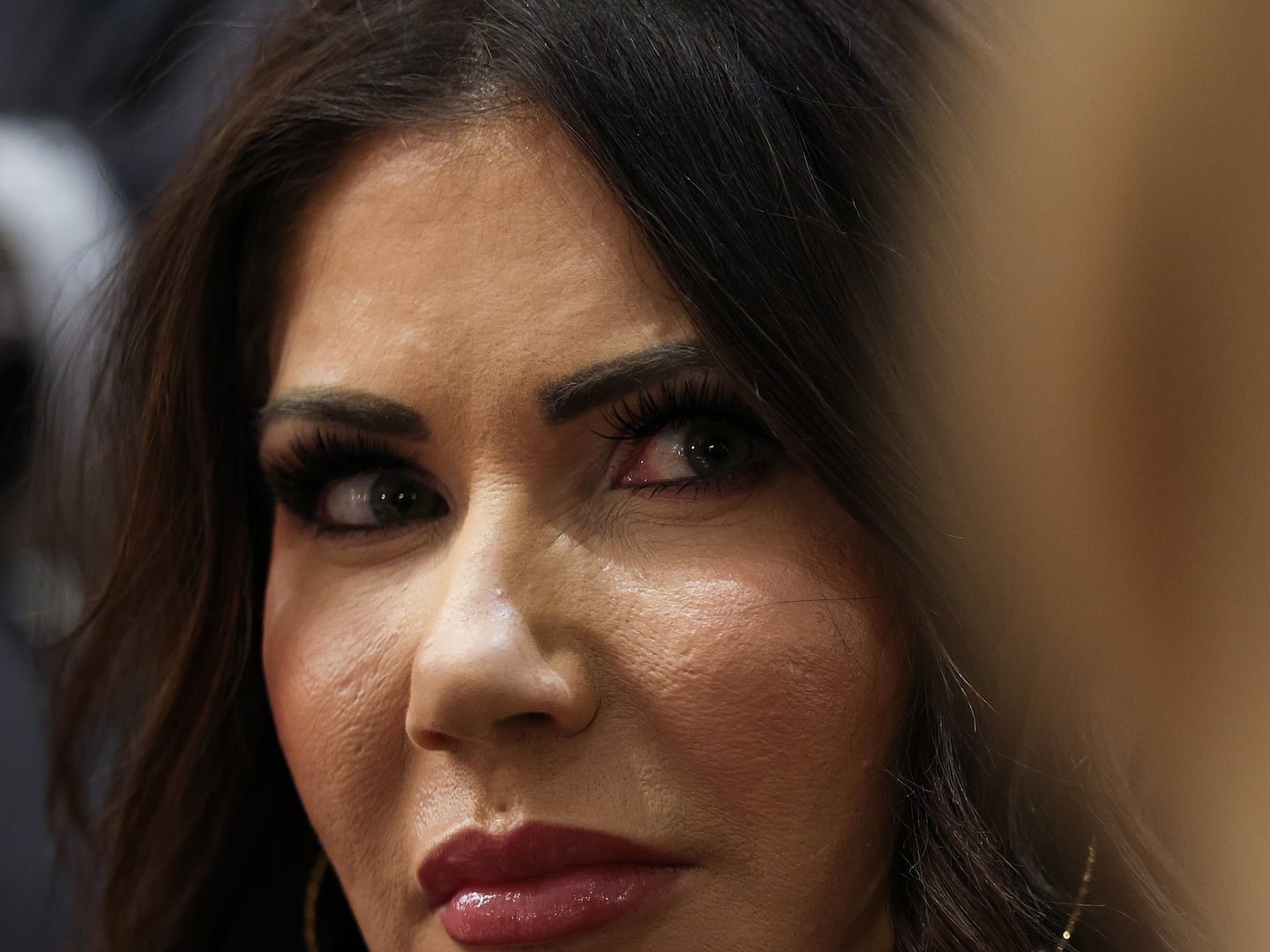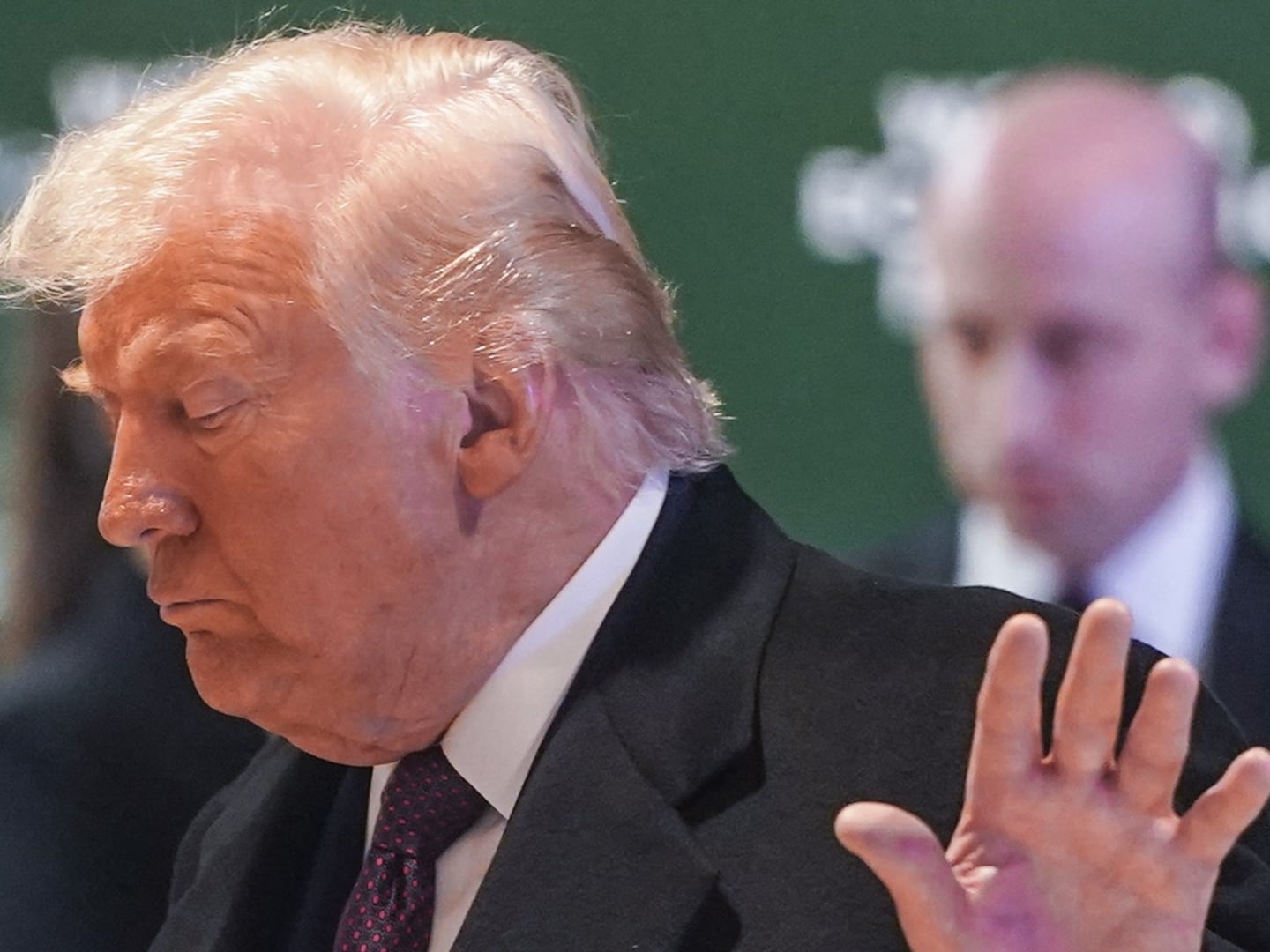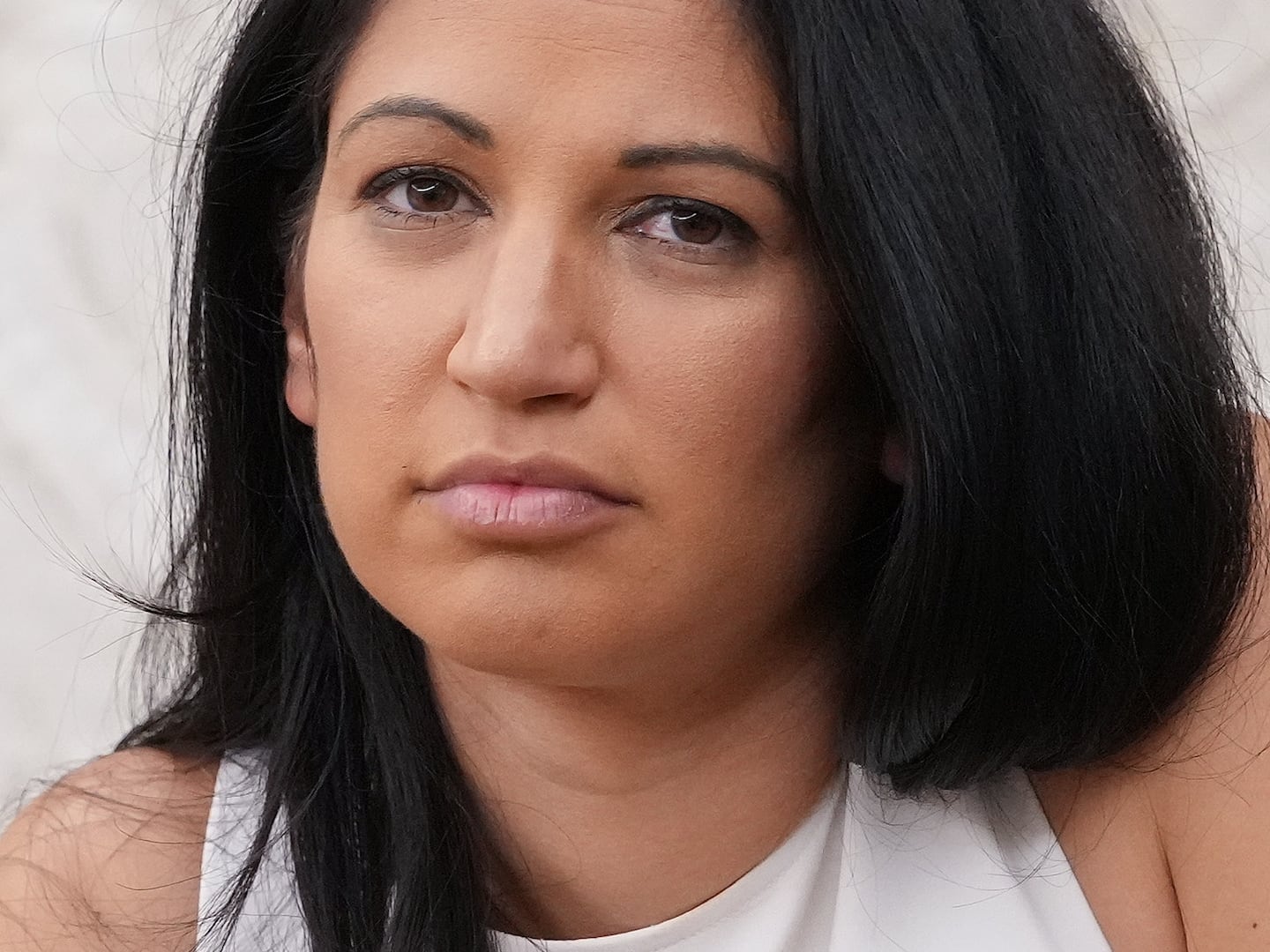In every presidential election, there is talk of a brokered convention in which the finalists jostle for power in a mad scramble to amass the requisite delegates to win the nomination.
Political junkies yearn for a party convention where the outcome isn’t scripted, where real news is made. The last time that happened was 1952, when Democrat Adlai Stevenson didn’t secure the nomination until the third ballot at the convention in Chicago.
Talk of a brokered convention is starting early in this cycle and for good reason. Because of the large field of Democratic contenders, 19 and counting, the odds are quite high—40 percent, according to Dave Wasserman of the Cook Political Report—that the Democrats could end up in Milwaukee for their convention next July with more than one viable candidate for the nomination, and a real brawl for the remaining delegates to put any one candidate over the top.
Wasserman laid out his rationale for The Daily Beast, beginning with the Democrats’ awarding delegates proportionately in primary contests as opposed to winner-take-all, which is how the Republicans do it. In a field this large, several favorites could emerge, each reaching the 15 percent threshold of the vote to gain their share of delegates.
The Iowa caucuses have traditionally served as the Grim Reaper for many candidates. Joe Biden dropped out of the presidential race in 2008 when he got just 1 percent of the vote in Iowa. The horse-race wisdom has been that there are three tickets out of Iowa: win, place and show. Wasserman says he thinks this cycle is different, with five, six, or even seven candidates emerging from the Iowa caucuses on Feb. 3 still hoping to catch fire the following week in New Hampshire, which is followed later in the month by the Nevada caucuses and South Carolina primary.
By the time the candidates head to Super Tuesday on March 3rd, when a dozen states hold their primaries, 36 percent of the Democrats’ 3,768 pledged delegates will have been allocated before the field has significantly narrowed.
“We could be heading into Super Tuesday with six or seven candidates that are viable and staying in the race” and dividing up delegates, says Wasserman.
When California and Texas moved up to Super Tuesday, the assumption was that these delegate-rich states would hasten the party’s pick. “Post-Super Tuesday, if four or five candidates are standing, it would be very difficult for any of those candidates to throw in the towel with so many primaries to go, and each thinking if they make it into the next one; it could make the difference,” says Wasserman.
“A lot of people are invested in these candidates—voters and donors. That makes it harder to drop out,” he says. He cites Bernie Sanders and how long he stayed in the race against Hillary Clinton even after she had a prohibitive delegate lead and mathematically he could not overtake her. “Bernie in 2016 was beyond the point of viability in March or April, and that was not at all understood by his supporters—and he kept fundraising—and taking whacks at her.”
If you go down the list of candidates who could get 15 percent anywhere, Sanders is there, and so is Biden. Wasserman isn’t ready to say who else could make the list, but he cautions that the superdelegate reforms that the Democrats put in place could compound the problem of perceived unfairness they sought to correct.
Superdelegates are now prohibited from voting on the first ballot, a change Sanders’ allies demanded. Although Clinton won the requisite number of delegates in 2016 without needing the votes of superdelegates, who are party officials and insiders, Sanders saw a rigged election just waiting to happen.
Now superdelegates are added to the pool for the second ballot, which still makes it possible for them to overturn the will of the people if, for example, Sanders is leading in the delegate count but falls short of a majority. “There would be an all-out mutiny if he were denied a second time,” said Wasserman
There is another scenario in which the Democratic field could be culled quickly, with some contenders dropping out before the first votes are cast. As the saying goes, presidential campaigns never end, they just run out of money. Some candidates will drop out before Iowa. Others won’t survive an eighth- or ninth-place finish in Iowa, or New Hampshire. Their money will dry up.
Wasserman doubts that will happen. Money is easier to raise online with a dedicated voter base, Democrats are fractious, and the full divide in the party is not on full display yet. He ticks off a list of the Justice Democrats on the progressive left, and suburban conservatives, along with “Democrats who don’t want a septuagenarian, and some who don’t want a coastal elite, or a white male. Maybe they’re just 10 percent each, but they’re there.”
Meanwhile, President Trump’s re-election campaign raised $30 million the first quarter of this year toward its goal of $1 billion. Trump and his allies are poised to weaponize and monetize every aspect of governing. Sales of T-shirts emblazoned with “I SPY” were available hours after Attorney General William Barr told Congress he thought there had been spying on the Trump campaign by U.S. intelligence agenies in 2016.
The Trump campaign is making a big bet on social media to mobilize support, and Trump’s strategy of doubling down on the Democratic field is underway. “We’ve never had a president live-tweeting a Democratic debate,” says Wasserman.
He thinks it’s possible that Democrats come to collectively understand the risk that multiple candidates pose and start coalescing around a frontrunner. That’s what happened in 2016. Trump won pluralities in a string of GOP primaries, but hadn’t cracked 50 percent until the New York and Pennsylvania primaries in late April, when Republicans started accepting him as the frontrunner.
It may come down to how candidates, and their supporters, play their hands. To quote from Kenny Rogers’ immortal “The Gambler”:
You’ve got to know when to hold ’em
Know when to fold ’em
Know when to walk away
And know when to run
You never count your money
When you’re sittin’ at the table
There’ll be time enough for countin’
When the dealin’s done

